Climate, Security, Health, and Resilience
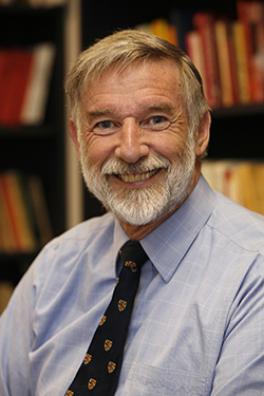
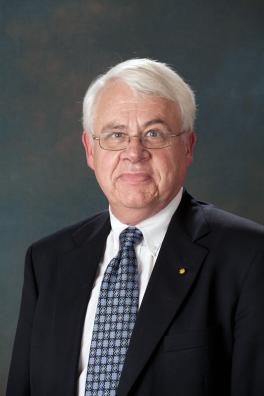
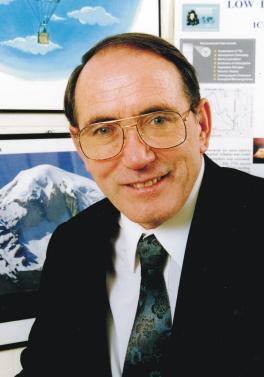
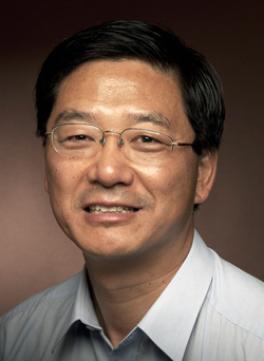
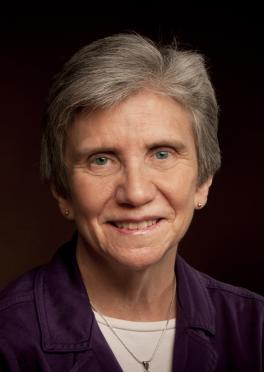
Principal Investigators: J. Craig Jenkins, Director of the Mershon Center for International Security Studies
Ellen Mosley-Thompson, Director of the Byrd Polar Research Center
Geoffrey Parker, Andreas Dorpalen Professor of History
Daniel Sui, Distinguished Professor of Geography
Lonnie Thompson, Distinguished University Professor of Earth Sciences
Climate change has been linked to the disruption of civilization, food scarcity and war. Although the number of armed conflicts across the globe have declined since the end of the Cold War, many scholars believe climate change could reverse this trend.
Rising temperatures are thought to increase the likelihood of extreme weather such as droughts, floods and hurricanes, disrupting food supplies and leading to conflict over dwindling resources, outbreak of disease, and migration from environmentally stressed areas. Of particular importance is water scarcity, expected to affect 5 billion people by 2025.
Yet without specific evidence linking climate change to armed conflict, the Intergovernmental Panel on Climate Change took only a cautious position on climate security in its most recent assessment report.
To fill in this gap, affiliates of the Mershon Center for International Security Studies, Byrd Polar Research Center, and Center for Urban and Regional Analysis at Ohio State have come together to organize an interdisciplinary working group on the security implications of climate change.
The research group is focusing on two questions:
- How does climate change pose a risk for U.S. national interests around the world? The working group is looking not just at the link between climate and conflict, but at which states and regions are most vulnerable to destabilization due to civil conflict and humanitarian emergencies. This nexus of climate change and fragile states has the most potential for regional spillovers that affect U.S. interests.
- How should resources be deployed to protect U.S. interests from the effects of climate change? Under the Copenhagen accords, the United States agreed to finance climate mitigation and adaptation projects in the developing world. While mitigation efforts have a global effect by reducing greenhouse gasses in the atmosphere, adaptation efforts have a more localized effect with greater potential to reduce instability.
Two innovations separate this research from other projects on environmental security. First, the working group plans to develop a new theoretical framework by concentrating not on where conflict over resources has broken out, but on where people are coping with scarcity and vulnerability in peaceful ways. They believe the pursuit of environmental security can be channeled into cooperative arrangements that promote sustainable development.
Second, the CSHR initiative takes two complementary approaches to past and future. On the one hand, project leaders seek to “rewind” the tape of history to study similar climate-induced catastrophes in the past; on the other, they hope to “fast forward” the tape to attempt predictions of what might happen in the future based on our best understanding and climate models.
A major feature of CSHR is a series of workshops to take place in coming years on climate and health, climate and food security, climate and water security, climate and population dynamics, and climate and human conflict. These events will be designed to answer questions such as:
- How does climate and associated climate change affect disease and human health?
- How does climate affect international security, including the spawning of instability and violence and new areas of international engagement?
- How does climate affect the resilience of societies and their ability to adapt and adjust to climate challenges?
CSHR will also encourage the preparation of faculty proposals for outside funding to private, federal, and international agencies such as the National Science Foundation, National Institutes of Health, Gates Foundation, and Mellon Foundation.
The initiative maps onto all three of Ohio State’s Discovery Themes: energy and environment, food production and security, and health and wellness, as well as onto the College of Arts and Sciences initiative on environment, energy and sustainability.
It is also linked to two areas of focus at the Mershon Center -- ideas, identities and decisional processes that affect security, and institutions that manage violent conflict – as well as to the broad mission of Byrd Polar -- to conduct multidisciplinary investigations of polar, alpine, and tropical processes to understand their role in the Earth’s ever-evolving climate system.
Investigators
Filters: 2013-2014, Communication, Political Science
